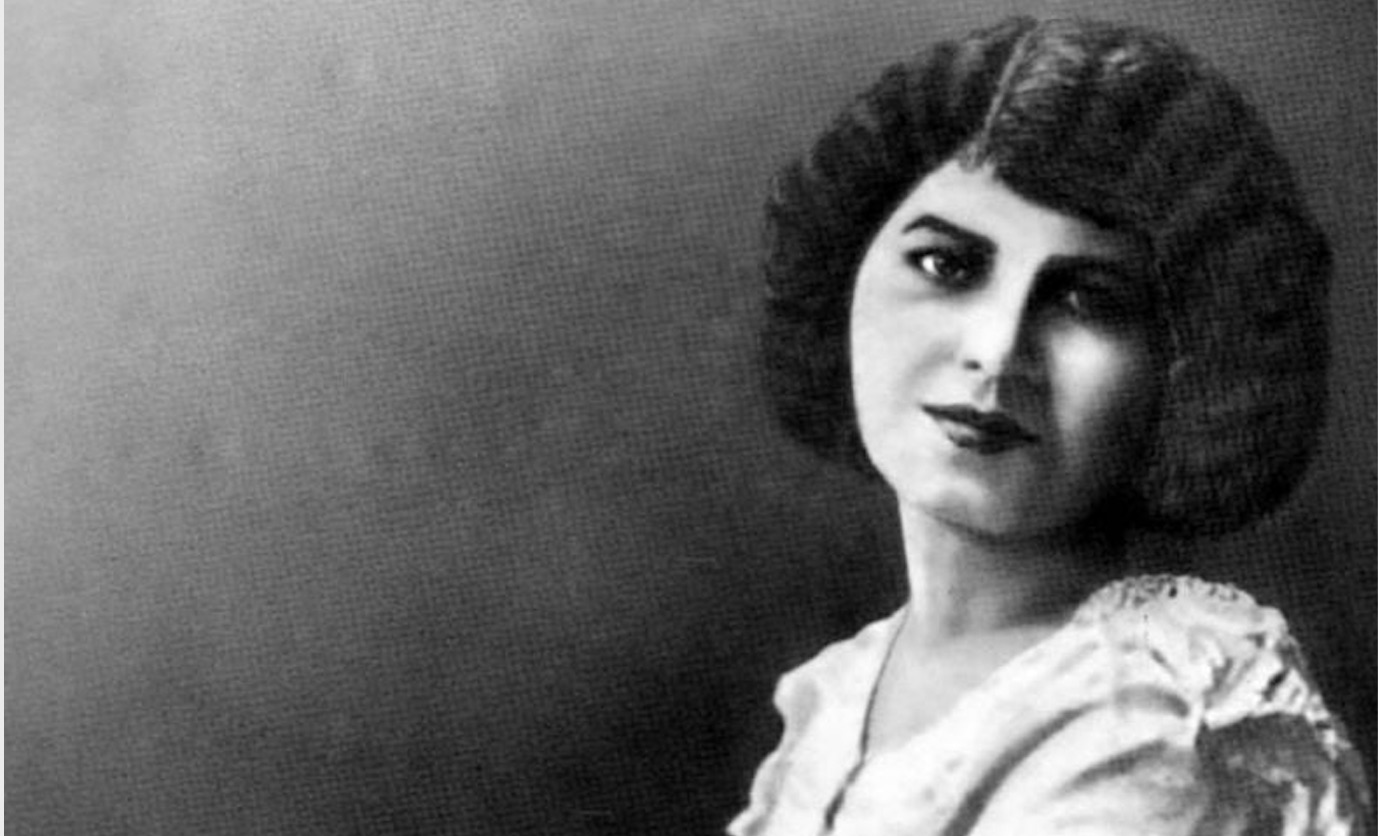May Ziadeh was a simple girl from Nazareth, Palestine—but she grew up to be the pioneer of Arab writing and feminism. A woman who has spent her life between pens, stationery, and books, Ziadeh influenced generations—and her genius rendered her immortal. In her writing, the whole world belonged to Ziadeh. Ziadeh was born in 1886 to a Lebanese father and a Palestinian mother. Although she was educated in Lebanon, she moved to Egypt with her family, where she studied Arabic literature, Islamic history, and philosophy. In 1911, Ziadeh started writing for the newspaper al-Mahrousa. Her first published work was Fleurs de rêve (1911), which was a volume of poetry written in French under the name Isis Copia. By 1912, Ziadeh founded her literary salon ‘Tuesday Seminar’ which was one of the most important Arab literary salons in the 1910s and the 1920s, attended by famous literary figures such as Taha Hussein, Khalil Mutran, Yaqub Sarruf, Ahmad Shawqi, and many other writers. It would not be long until Ziadeh was at the forefront of the feminist movement in Egypt. She was a strong advocate of the emancipation and liberation of women,…
From Nazareth to the World: a Look Back at the Life of Arab Feminist Writer May Ziadeh
February 20, 2023



